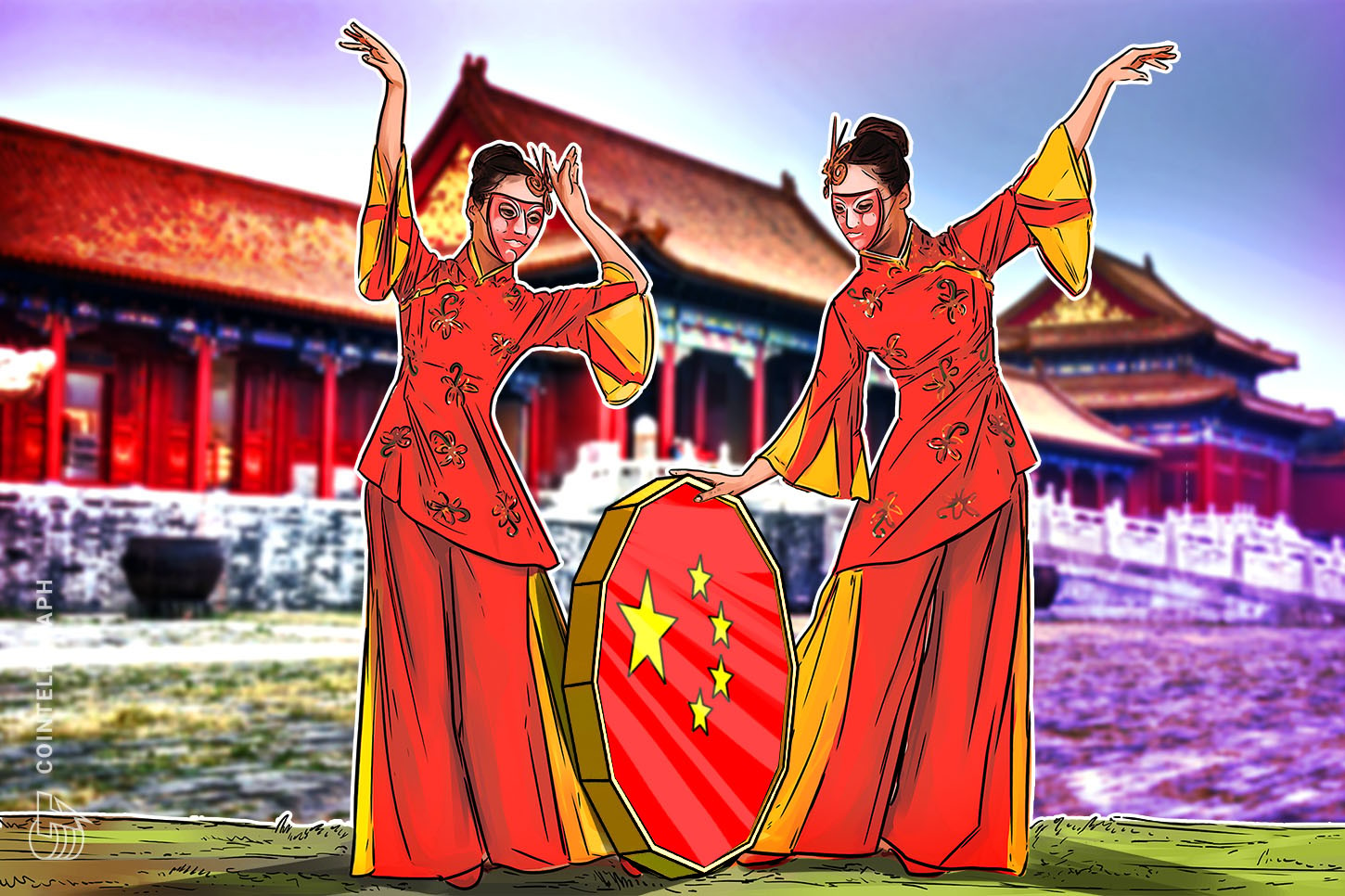Analysts at RBC Capital Markets have suggested that stifling Facebook’s Libra may leave the field open to China’s central bank digital currency (CBDC) to dominate in emerging economies.
China shifts development of digital currency in extra gear
On Oct. 15, financial news outlet Markets Insider reported that RBC analysts believe that once Facebook announced its Libra stablecoin plans, China shifted development of its own yuan-backed CBDC into the next gear. RBC wrote to clients:
"If US regulators ultimately dismiss Libra and decide not to draft regulations to encourage crypto innovation in the US, China's CBDC may be strategically positioned to become the de facto global digital currency in emerging economies.”
United States Treasury Secretary Steven Mnuchin recently said that firms that decided to drop Facebook’s Libra stablecoin project did so because of regulatory concerns. Mnuchin added that the Libra project is not up to par with American Anti-Money Laundering standards, saying:
“If they don’t meet the standards of our money-laundering standards and the standards that we have at FinCEN, we would take enforcement actions against them. I think they realized that they are not ready, they are not up to par and I assume some of the partners got concerned and dropped out until they meet those standards.”
However, RBC analysts believe that many companies are still interested in joining the Libra project and those that left may return given the right regulatory circumstances. The global investment bank said:
"If a clear regulatory roadmap is developed and Libra launches successfully, we would not be surprised to see these firms reapply to the association.”
Facebook should add Bitcoin
Cointelegraph reported that U.S. Rep. Warren Davidson said that Facebook should consider adding Bitcoin (BTC) to its Calibra wallet, instead of creating its new currency Libra. The Republican added that part of the beauty of Facebook’s Libra stablecoin is that brought all of the problems that already existed on the social media platform to the surface.
He said that Facebook’s bid to launch its stablecoin had served to intensify focus on many of the platform’s existing operations, arguing that:
”Facebook already filters content — some people say with bias, some people say it’s great, they’re protecting my safe space [...] So do we want filtered speech or free speech? Do we want filtered transactions or freedom?”


